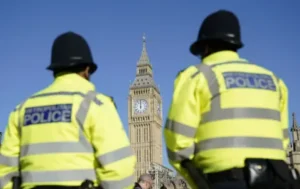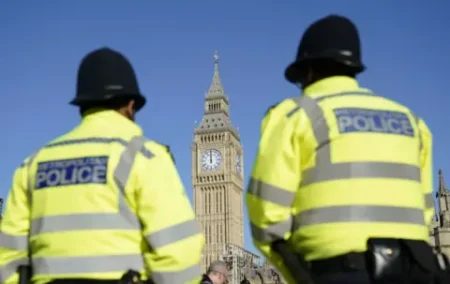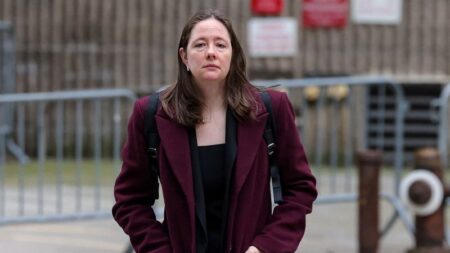In a significant ruling, the Court of Appeal has overturned the wrongful convictions of two men, Errol Campbell and Ronald De Souza, who were unjustly prosecuted in the 1970s due to the actions of a corrupt police officer. This decision comes decades after their convictions, which were primarily based on fabricated evidence from former British Transport Police (BTP) Detective Sergeant Derek Ridgewell, whose misconduct has now come under intense scrutiny.
Errol Campbell, who passed away in 2004, was wrongfully sentenced to 18 months for theft and conspiracy to steal, while Ronald De Souza was imprisoned for six months for attempted robbery. The evidence against them, as determined by the Court, had been significantly compromised by Ridgewell, whose track record is marred by a series of racist miscarriages of justice directed against young Black men. The Court expressed sincere regret that it could not erase the suffering endured by Campbell and De Souza due to Ridgewell’s actions.
The Criminal Cases Review Commission (CCRC) played a vital role in reopening the cases connected to Ridgewell, whose wrongful practices resulted in a wider investigation involving at least thirteen cases that the Commission has actively sought to overturn. Remarkably, all of these cases have been successfully quashed, reflecting a growing understanding of the systemic issues within the justice system at the time.
The implications of Ridgewell’s corrupt activities were far-reaching. In describing the damage caused, the Court’s Lord Justice Holroyde acknowledged that the legal apparatus fell short in addressing the ramifications of these miscarriages of justice, which stemmed from criminal actions by officers entrusted with upholding the law. Ridgewell, alongside accomplices, was found guilty of stealing significant amounts of merchandise from the very establishments he monitored, raising profound questions about the integrity of police conduct during his tenure.
Further investigations revealed that Ridgewell’s methods included targeting vulnerable populations, particularly Black men, whom he falsely accused of theft and robbery. This pattern of abuse has deeply eroded public trust in law enforcement, with criticisms raised not just about Ridgewell but about the entire police system that allowed such behavior to persist unchallenged. In a statement, BTP’s Assistant Chief Constable, Charlie Doyle, expressed his disgust for Ridgewell’s actions, conceding that they led to the wrongful criminalization of innocent individuals.
The case of Ronald De Souza is equally harrowing, as he carried the weight of his wrongful conviction throughout his adult life without the opportunity for legal justice until now. Justice Holroyde’s remarks highlighted not only the individual trauma inflicted on De Souza but the broader implications of what such injustices signify for society’s faith in the judicial system.
Errol Campbell Jr., the son of Errol Campbell, vividly articulated the family’s ongoing struggle and anger over the decades-long injustice. His call for systemic change in reviewing cases linked to corrupt officials echoes the sentiments felt by many who advocate for the innocent wrongfully imprisoned. Campbell emphasized the legacy of suffering brought about by the police’s inaction against Ridgewell long before the systematic oversight of past events began to take place.
Overall, the ruling represents not only a judicial correction but signals a commitment to addressing past injustices rooted in systemic racism and police misconduct. This case serves as a critical reminder of the lasting impact of wrongful convictions and the imperative for ongoing reform.
As discussions continue surrounding the need for legislative changes, notably those ensuring automatic reviews of cases connected to discredited officers, the hope is that such painful histories will contribute towards a more equitable justice system moving forward. It is a call to action to ensure that never again will individuals suffer in silence from the consequences of a system that allowed corruption to prosper within its ranks.









